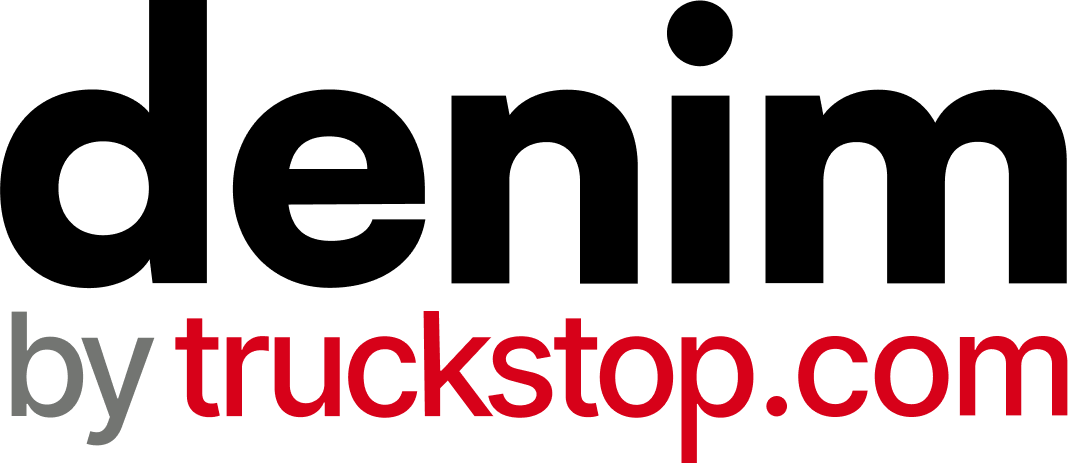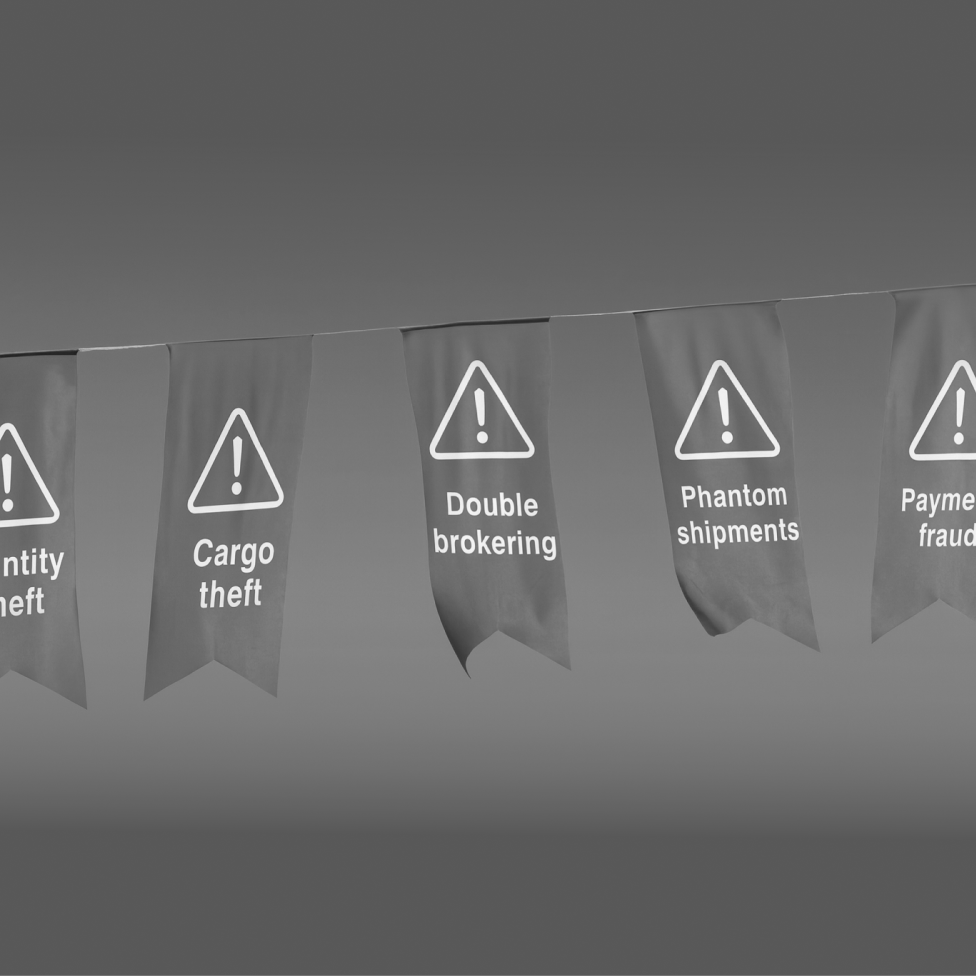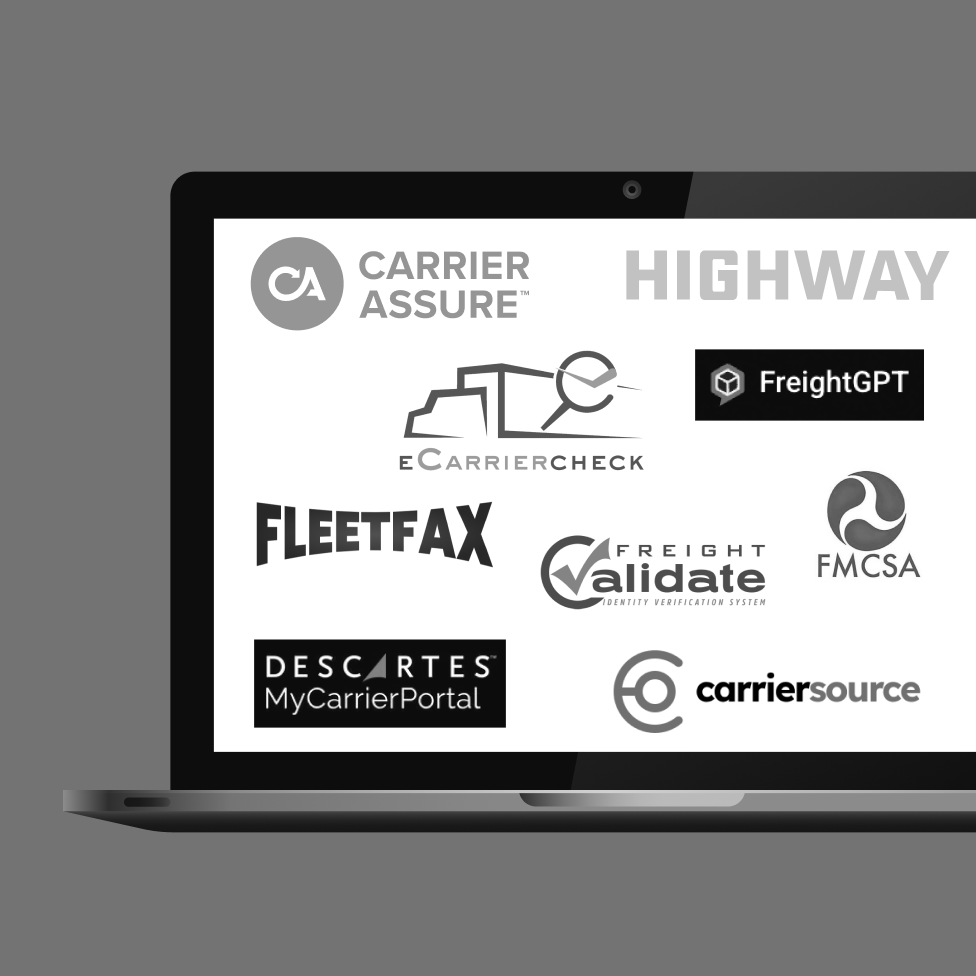Blog
Stay ahead in the logistics industry with expert insights, success stories, and practical strategies. Explore our latest blog posts for tips on streamlining operations, improving cash flow, and leveraging technology to scale your business.

7 Bookkeeping Strategies for Established Fleet Owners
Running a successful fleet requires more than just keeping trucks on the road, without appropriate accounting practices many operations will struggle. For established fleet owners, outdated bookkeeping practices can hurt profitability, complicate compliance, and stall your growth. Below we’ll cover seven strategies to improve and refine your financial operations, backed by industry insights and modern tools.
Proof of delivery (POD) is more than just paperwork. It is what ensures freight brokers get paid. But as freight fraud becomes more advanced, scammers are finding new ways to fake PODs, claim false deliveries, and disrupt operations for brokers across the industry.
According to the Transportation Intermediaries Association (TIA), nearly one in four freight brokers has lost over $200,000 to fraud in just six months. Small and mid-sized companies are often hit the hardest.
With unlawful brokers and fake carriers on the rise, it is more important than ever for you to know the warning signs.
This article will break down the most common red flags of POD fraud and offer practical tips you can use to spot fake delivery documents, protect your payments, and reduce risk. By learning what to watch for in paperwork, you can better protect your cash flow, your reputation, and your business relationships.
Trust keeps the freight industry moving. It connects shipments, payments, and long-term business relationships. But freight fraud is quickly becoming one of the most disruptive and expensive threats brokers face today.
Freight fraud refers to intentional scams that target your money, cargo, or sensitive information. According to the Transportation Intermediaries Association (TIA), nearly one in four freight brokers lost over $200,000 to fraud in just six months. Most of those losses hit small and mid-sized brokerages.
Freight fraud is widespread, costly, and constantly evolving. But it can be prevented. When you understand how scams work and build stronger vetting habits, you can protect your brokerage from serious financial and operational damage.
This guide explains what freight fraud looks like, highlights common red flags, and offers practical ways to prevent it. You’ll also learn about tools that help you detect fraud sooner and how working with partners like Denim can make your fraud prevention strategy even stronger.
When it comes to protecting your brokerage or carrier business, the difference between growth and costly losses comes down to knowing your partners. Missing even a simple check on a carrier’s MC (Motor Carrier) or DOT number can lead to stolen loads, unpaid invoices, or serious reputation damage.
While premium compliance tools and onboarding systems offer deep risk management, there are also plenty of free resources that help cover the essentials. This guide walks through the top free MC checker tools every freight broker (and many carriers) should know — along with premium options that can further strengthen your freight fraud prevention strategy.
When you bring on a new shipper, you hope they’ll pay on time, every time. But the reality is, even great customers occasionally miss a due date. Maybe it’s a busy month. Maybe someone’s out of office. Maybe it just slipped through the cracks.
When that happens, a payment reminder is more than just a nudge—it’s another touchpoint in the relationship. And like every touchpoint, it reflects on you.
That’s why it matters how collections are handled.
Most factoring companies today offer some form of automated collections software—but how they approach it can vary. In many cases, reminders go out on a fixed cadence, using standard messaging, and from a sender name your shipper may not recognize.
While it technically checks the box, it can sometimes feel impersonal—or even confusing to the shipper. And that confusion can lead to delayed payments, extra follow-ups, or unnecessary friction.
We’ve talked to many brokers and fleets who wanted a better option—one that gives them more control without adding to their workload. That’s why we created AR Collections Communications: a tool that helps freight companies stay on top of receivables, while still maintaining the tone, professionalism, and trust they’ve built with each shipper.
Here’s how our approach compares to what’s typically available and why that difference matters.
Service and reliability are the baseline for keeping and growing your business. In fact, 68% of shippers in the 2025 Pulse Report said these are the most important factors when choosing to work with a broker or carrier.
Most people think of on-time pickups, smooth deliveries, and clear updates when they hear "service and reliability." But there’s one part that often gets overlooked—collections.
Service doesn’t stop at delivery. It carries all the way through to getting paid. That’s the part that keeps your business running.
Many brokers and carriers forget this. Shippers don’t. They feel it when the collections process is clunky or aggressive.
At the TMSA Elevate conference, Bill Herring from the Quikrete Companies said it best:
“You can go out and win a deal. But it’s your back-office that’s going to keep the business.”
If your AR collections process is confusing or unprofessional, even great service on the road won’t save the relationship. It can slow down payments—or worse, cost you a shipper.
Here are five common accounts receivables collections mistakes that freight companies make—and what to do instead.
I had the chance to attend TMSA’s Elevate Conference in my hometown of Austin, TX. Despite the triple-digit heat, hundreds of logistics marketing and sales professionals came together with one shared goal: figure out how to stand out in one of the toughest freight markets in recent memory.
With attendees ranging from shippers and brokers to fleets, 3PLs, and port authorities, the message across the sessions was clear—this is a year for focus, clarity, and real partnerships. Flashy outreach and generic messaging won’t cut it. You need to show you’re built to last and worth the shipper’s trust.
Here are the top five tactics brokers and carriers can put into action right now:
Running both trucks and a brokerage? Then you already know your business isn’t like most.
Between invoicing shippers, paying carriers, and juggling two sets of cash flow cycles, you need more than a standard factoring partner.
But most factoring companies were built for carriers—not both. That means dual-authority companies often get stuck with workarounds, delays, and reps who don’t really understand how their operation works.
The right factoring company should simplify your workflow, give you control over when and how you factor, and offer guidance that actually makes your job easier.
Managing both trucks and brokerage under one roof opens the door to major growth — but it also brings more complexity, more risk, and more pressure on your operation to run smoothly.
The dual authority freight companies that scale successfully aren’t just booking more freight — they’re reinforcing the foundation that supports long-term growth.
Here are five key areas that separate companies growing with control from those just growing in size.
The Denim team had a great time at this year’s Broker Carrier Summit in Indianapolis—and not just because we won the Post and Pray Golf Tournament.

The event brought together brokers, carriers, and tech leaders to dig into the challenges freight businesses are navigating right now: delayed payments, disconnected systems, growing fraud risk, and rising operational complexity. Every topic felt timely—and the conversations reflected just how much teams are being asked to manage at once.
A common thread across the week was the need for clarity. With so many trends moving at once—AI, automation, fraud, financing—many leaders are looking for the same thing: what’s the lowest-lift way to make a meaningful impact on the business right now?
Here are five takeaways that stood out:
Speed is critical in freight. So it’s always struck me as odd that while a shipment can move across the country overnight, internal operations still struggle to keep up.
Documents arrive in dozens of formats. Rate confirmations get buried in inboxes. Routine updates require back-and-forth emails or manual checks across systems. These aren’t one-off problems—they’re everyday delays that add friction to the work of moving freight.
We’ve seen how AI can make a meaningful difference—not by automating everything, but by eliminating the bottlenecks that slow teams down. Below are four workflows where the right application of AI creates real momentum for brokers, carriers, and operations teams alike.
Transportation Management Systems (TMS) are at the heart of every freight broker’s tech stack. They help brokers streamline their operations, improve efficiency, and grow their brokerage.
But, not all TMS platforms are created equal. Some are made for specific freight sectors, while some offer a broader feature set for brokers who need to do it all. But with so many TMS options out there, there’s sure to be one that fits every broker’s needs. Say goodbye to manual spreadsheets and outdated systems and hello to a TMS transportation software that will help you scale.
Here, we break down some of the best TMS software for brokers, including their key features and the types of brokerages they best serve.
We’re only a month or so in and 2025 has already had its fair share of adversity for freight brokers and trucking companies. In addition to economic, political, and environmental factors that we’re predicting will impact brokers in 2025, relationships are also determining whether brokers survive the squeeze or thrive this year.
One of those key relationships is the relationship you have with carriers. With talk of carrier revenge and an impending power shift, it’s more important than ever to build strong carrier relationships. Let’s look at why these relationships matter, how you can become carriers’ broker of choice, and how financial partners like Denim can help.












.png)

